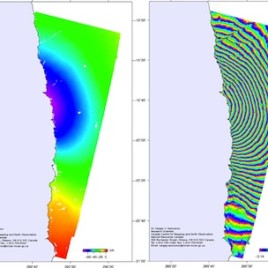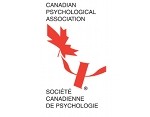Researchers have found that ADHD, substance abuse and conduct disorder develop from the same neurocognitive deficits, which in turn explains why they often occur together.
Using personality and behavior tests coupled with fMRI brain scans on 1,778 European adolescents at age 14, they identified three neurocognitive dimensions in different part of the brains that were tied to all three disorders: impulsive action, impulsive choice (valuing immediate rewards over delayed rewards) and reward anticipation.
The researchers now hope to devise interventions in teenagers that could target these brain areas before psychiatric symptoms appear.
Original research paper published in the American Journal of Psychiatry on July 30, 2014.
Names and affiliations of selected authors


